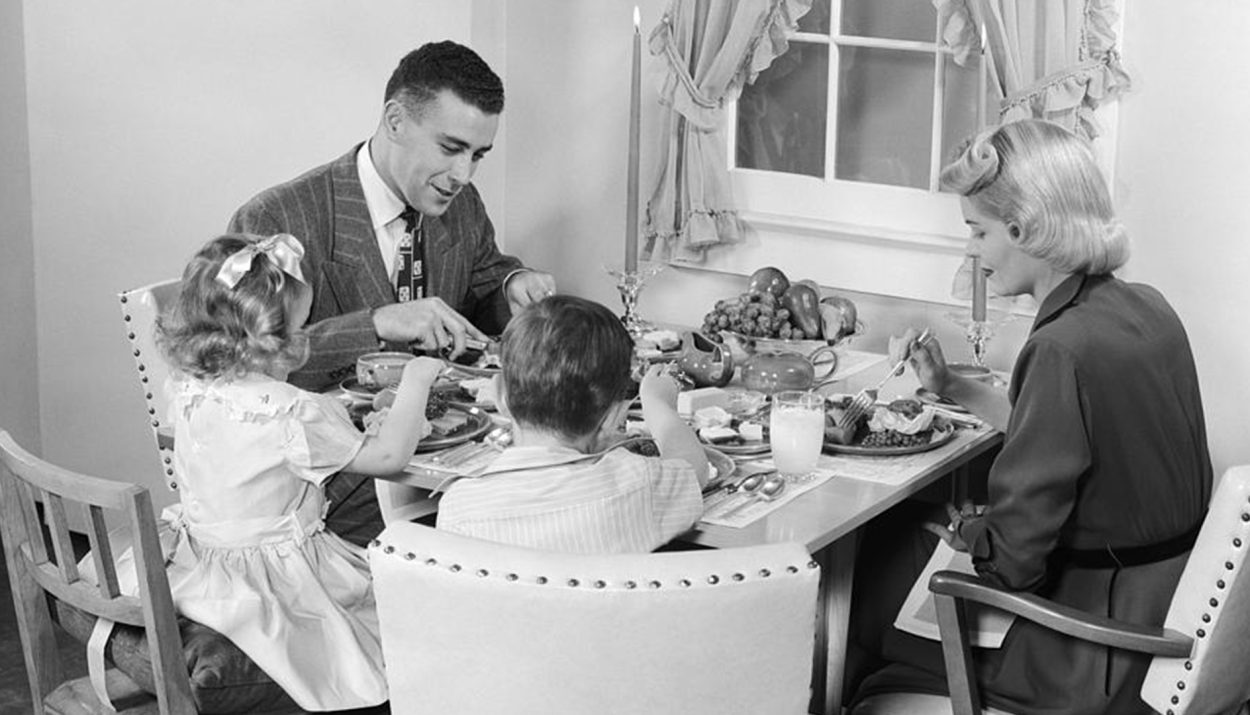It’s no secret that we are a far cry away from the strict guidelines of the parents that came before us. Most of our elders would say that their parents aimed to have well-adjusted, adequately rested, and overall well prepared children. Here are 11 old-school parenting expectations and rules that baffle Gen Z.
Addressing Adults By Their Formal Title
In our elder generations it was commonplace to address an adult by their title and surnames, in fact it was expected. Even when addressing family members a child was expected to say Mr., Miss, or Mrs., accompanied by their surname.

This was revered as a sign of respect to your elders and is a formality that Gen Z doesn’t seem to fully grasp. It’s far more typical these days to address someone with a more casual approach, clearly showing the difference in the family dynamics of latter years compared to our own.
Go Without Or Eat What’s Served
You ate what you were served or you didn’t eat at all, this was the standard in most homes in generations before Gen Z. It was most likely done to show children that they needed to have gratitude for having food to fill their bellies.
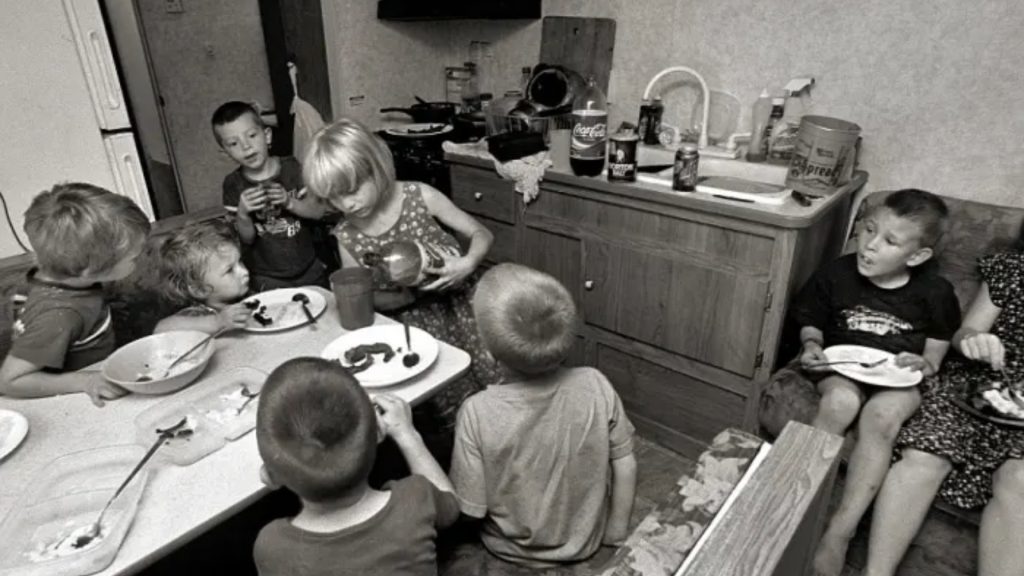
Today there is an abundance of information around now that emphasizes the importance of dietary awareness and having the choice to decide what that means for you. This has really changed the attitude of how we approach food and how we navigate the dietary needs of our children. Gen Z is more concerned with creating an environment where their children can create a healthy relationship with food, then they are with enforcing such strict rules at the dinner table.
No Exceptions Dress Code
In an effort to create a disciplined environment it was the standard to have a very rigorous dress code, both in the home and at school. It wasn’t unusual to see people wearing formal wear and or uniforms.
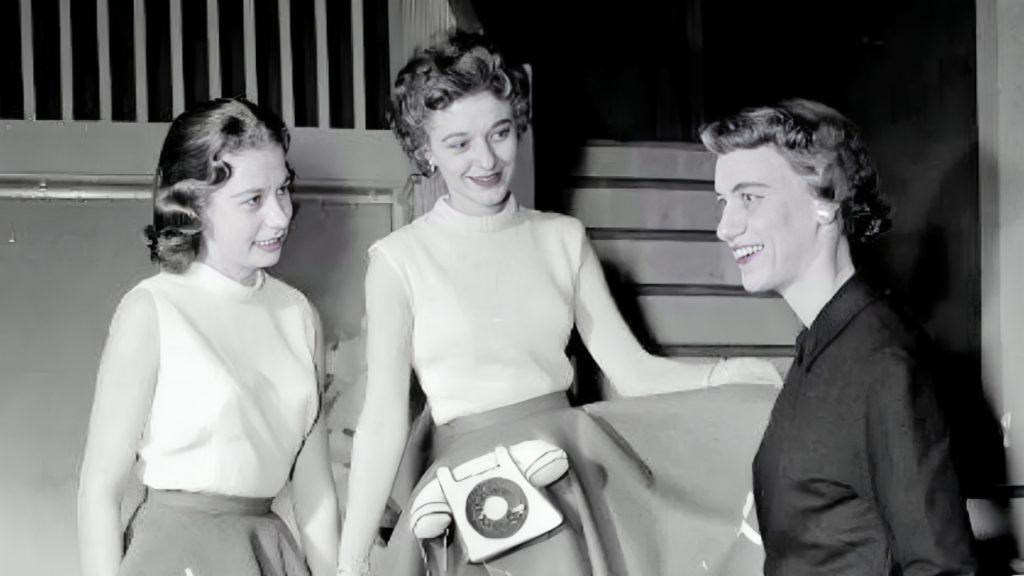
Gen Z is used to utilizing clothing and their style as a form of self expression. The idea of having to adhere to some kind of strict dress code seems almost violating and extremely restrictive. This clearly shows the difference between the societal acceptance of individuality.
Restricted Screen Usage
In years prior parents were extremely mindful of the amount of time their children spent staring at a screen. They preferred their kids to enjoy outdoor activities and spend more time with the family unit. Parents had genuine concerns that too much exposure to TV would hinder children’s social and cognitive developments.
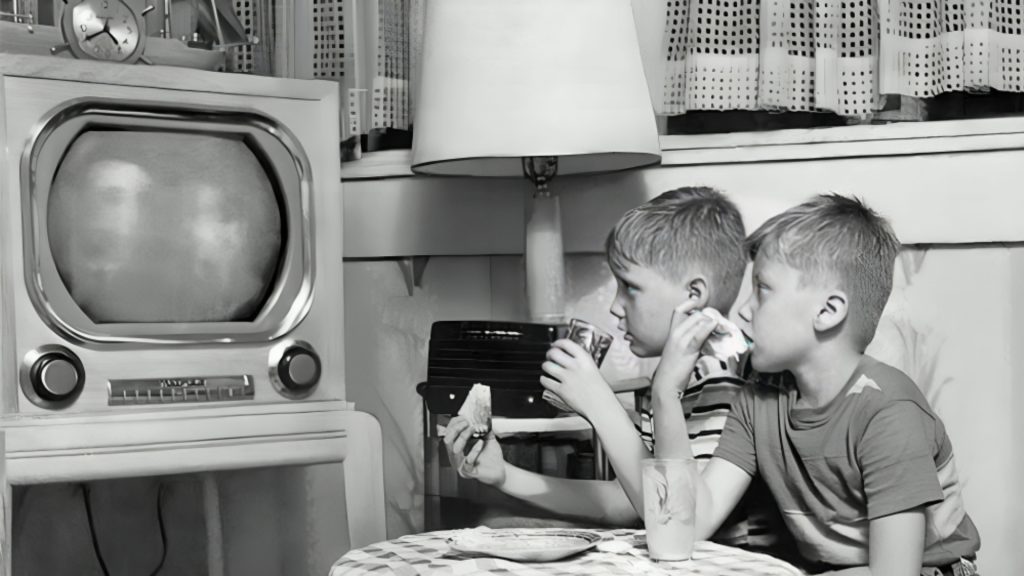
With the digital era upon us, Gen Z finds this outdated standard difficult to wrap their minds around. More and More parents these days use various electronic outlets as a learning tool for their children. As screen time becomes more common, the idea of limiting that to a measly few hours a week is just asinine to Gen Z.
Supervised Friendships
In the past it wasn’t uncommon for parents to forbid a friendship if that friend was deemed as a bad influence, it was considered the norm for parents to supervise and even heavily restrict their children’s friendships.

This isn’t really even a thought for Gen Z, the idea of restricting the personal freedom to choose one’s friends is a foreign concept. This is definitely a more traditional approach of protective and controlling parenting, and is really an archaic notion to younger generations.
Sunday Family Dinners
In an effort to uphold the family bond, formal sit down weekly scheduled family dinners were a common practice.
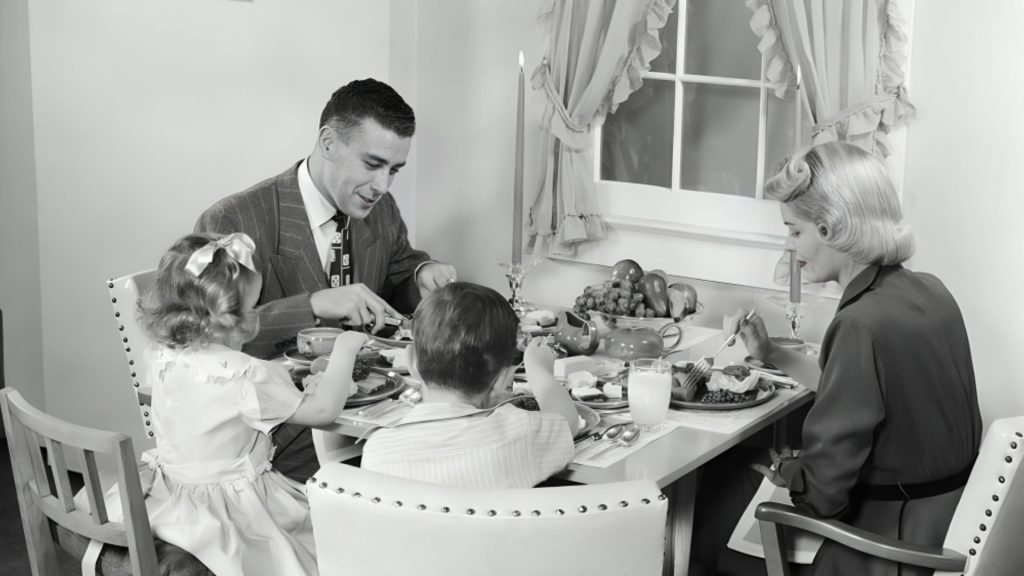
With the hustle and bustle of modern times, a less formal approach seems more conducive to the average family these days.
Community Service Is A Family Affair
Families prided themselves on having children with a strong sense of community, responsibility, and work ethic. To ensure their children adopted these traits many families would spend time engaging in community service together.

While community service is still highlighted in today’s era, it isn’t common to see family-based community service, these days it’s typically seen more as an individual pursuit and less of a family affair.
It’s Bedtime, Period.
Parents of earlier generations were strict enforcers of very specific bedtimes, and it wasn’t a topic that was up for discussion. Children were expected to follow a nightly routine, and find their way to their bed promptly at an early hour specified by their parents.

Things are far less rigid these days, with bedtimes and even routines being more fluid. It’s a stark contrast from the strict disciplines of past era’s.
Household Chores
Household chores and contributing to the functionality of the home was an expectation, children were required to participate if they wanted to earn certain privileges or an allowance.
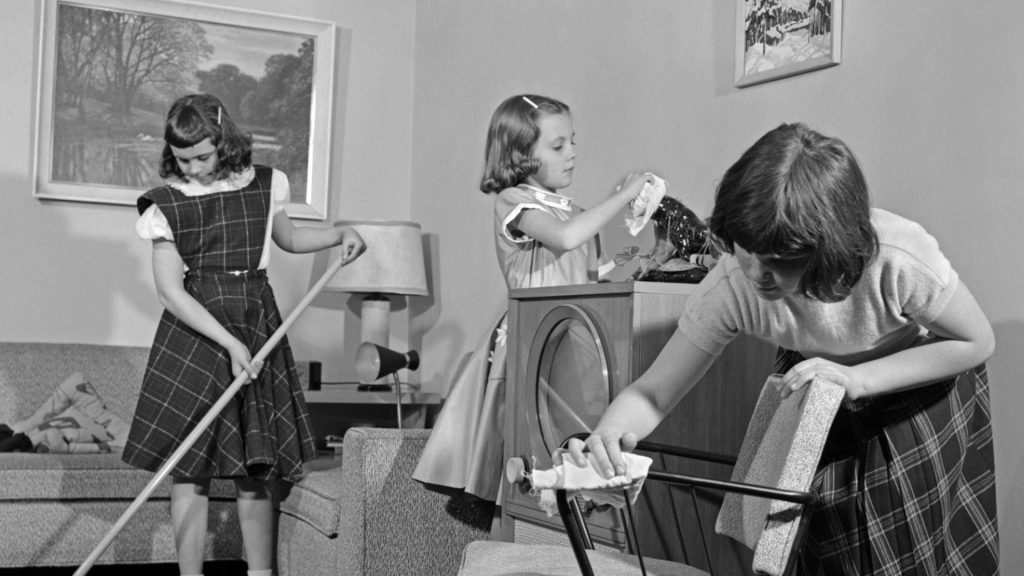
Gen Z might be more familiar with maintaining a balance between work and play, making it difficult for them to understand these strictly enforced household expectations, in fact it may be down right shocking.
Outdoor Play
“Don’t come home till the street lights are on” sound familiar? In previous years children were expected to play outside until the sun went down and dinner was ready. It was seen as healthy for children, and instilled a strong sense of independence. Parents put a lot of faith in the benefits of outdoor play and getting fresh air.
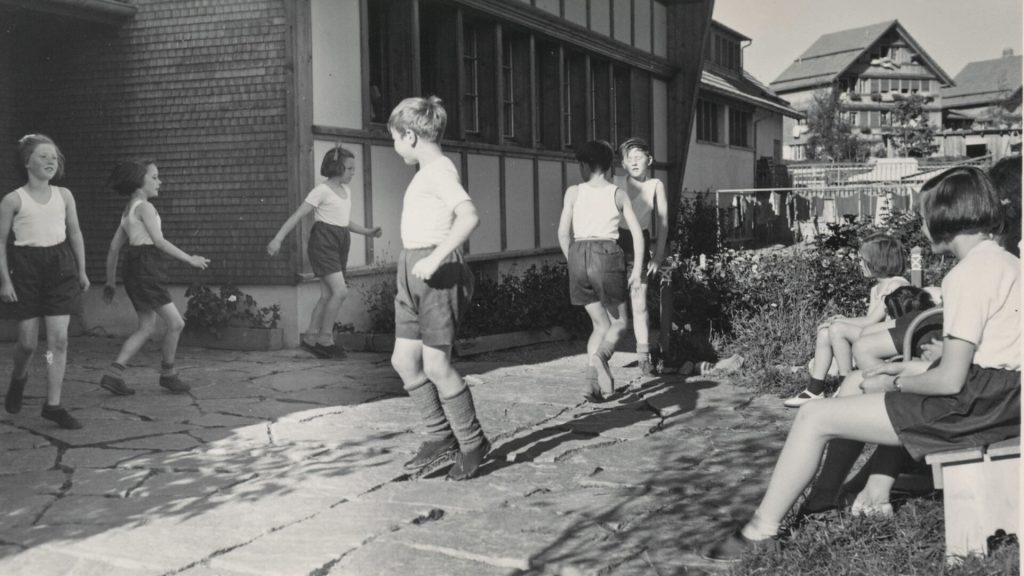
Gen Z is more accustomed to having indoor entertainment, leaving them scratching their heads about this old world concept. There is also a heightened sense of safety awareness with Gen Z, leading to the decline in unsupervised outdoor play.
Don’t Talk Back
Discipline and obedience was not only encouraged it was expected, you did not dare speak out or question the adult figures in your life. Children were required to listen and comply without question.
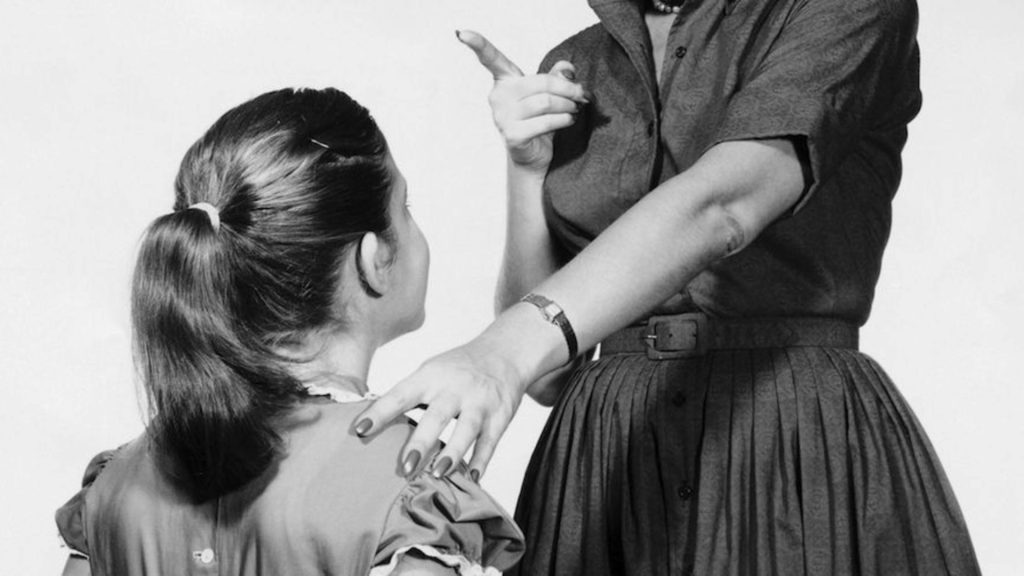
Modern parenting encourages having open communication with their children, leaving this old-school rule in the dust. Gen Z is used to having an open dialogue where they are free to ask as many questions as they want, these old concepts are just downright strange to them.
Mandatory Participation in Family Activities
Family involvement and participating in family activities was non negotiable, it was mandatory. Things like going to family events, religious services and even sibling hobbies were all things that your parents expected to see your attendance at. Personal wishes often took a backseat to the values and traditions of the family unit.
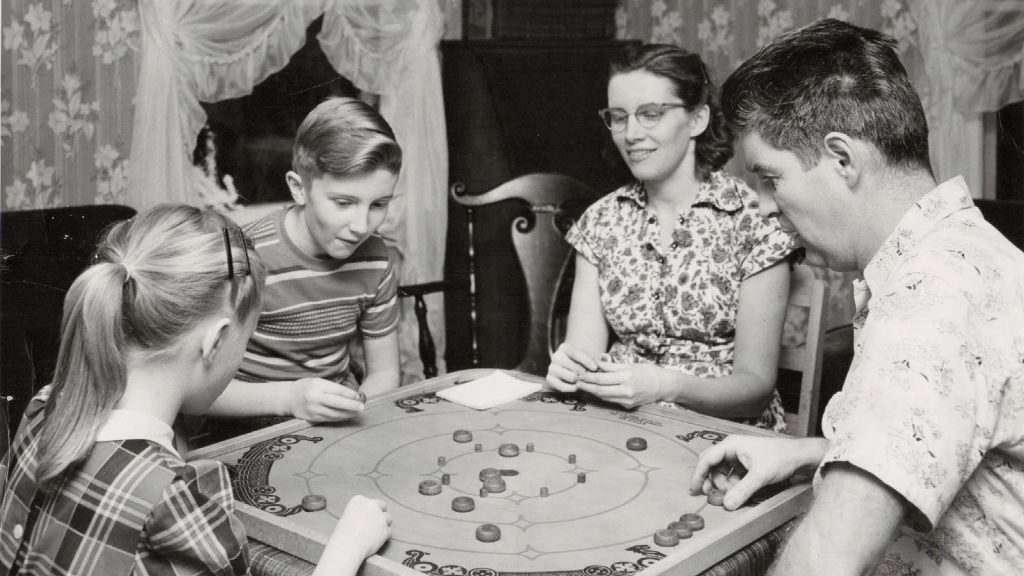
Gen Z is used to personal space and being able to make their own choices based on their own needs. This act of mandatory family participation could be viewed as excessively stringent.
No matter what your viewpoint on parenting, there is clearly a contrast between the ways of old and new, and while some may view the parenting prior to Gen Z as overly strict, there’s a very good chance that others strongly feel that many of the traditional practices should be brought back.

